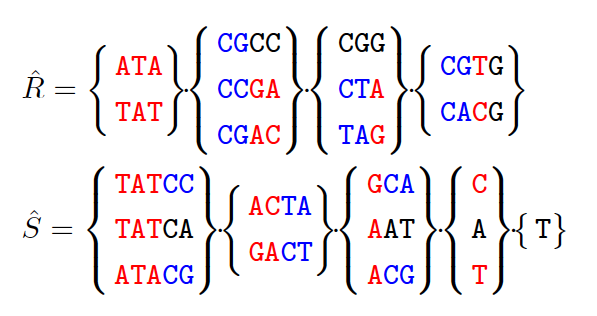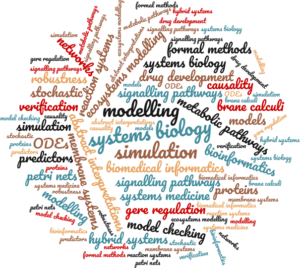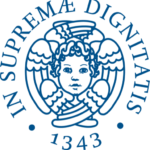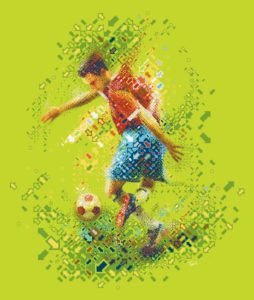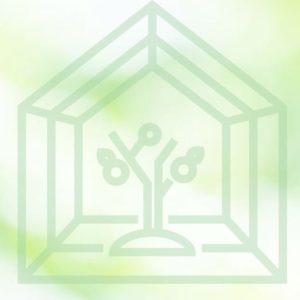Modern high throughput sequencing technologies make a huge amount of genomic sequences available to the broad scientific community. This calls for sophisticated algorithms and data structures for their in silico investigation. We design and realize efficient algorithms for features discovery of large collections of biological sequences, trees, and graphs/networks.
The Data Science for Sports Analytics group has a multidisciplinary background, i.e. machine learning technique, big data analysis and sports science. The main topics of this group involve the development of models in sports and in particular in soccer that permits to deeply assess the sport performance both in physical demands and technical-tactical performances.
Home Care Services are all services (medical, paramedical and social services) which are delivered at the premises of the patient. We develop mathematical models and optimization algorithms to solve challenging problems arising in Home Care. They address complex timing constraints, resource management issues and uncertainty aspects, such as unexpected resource shortage or shock of patient demand.
The research group is involved in projects in collaboration with agricultural researchers in which IoT technologies, mobile applications and cloud are applied, in synergy with computational modeling and machine learning methods. The aim is to develop decision support systems for crop monitoring, and for the optimization of production, irrigation and treatments.

